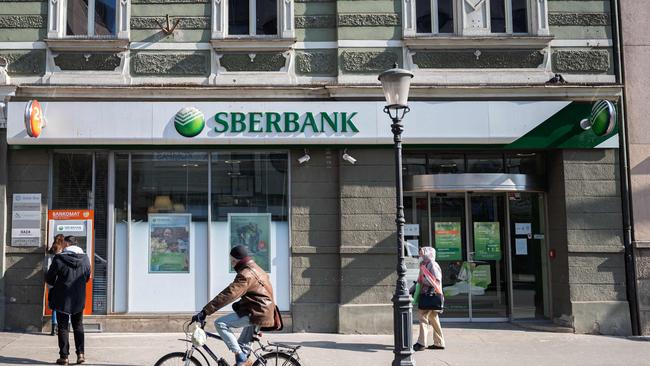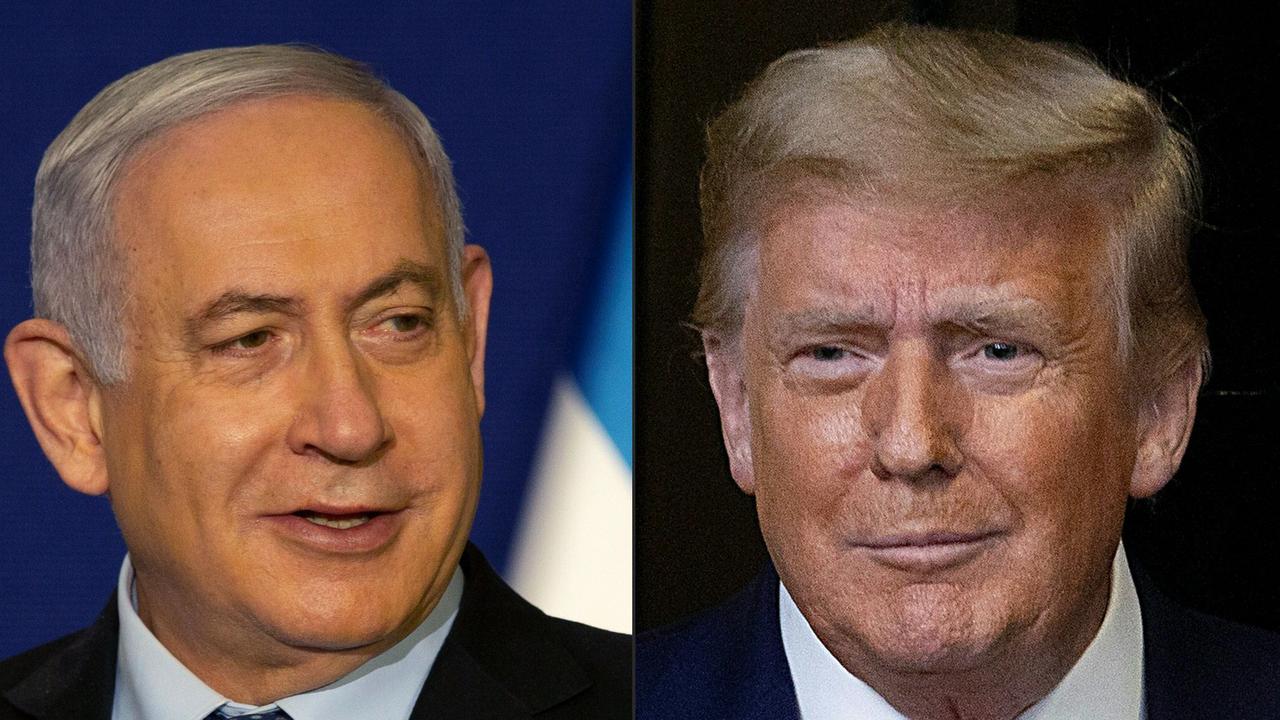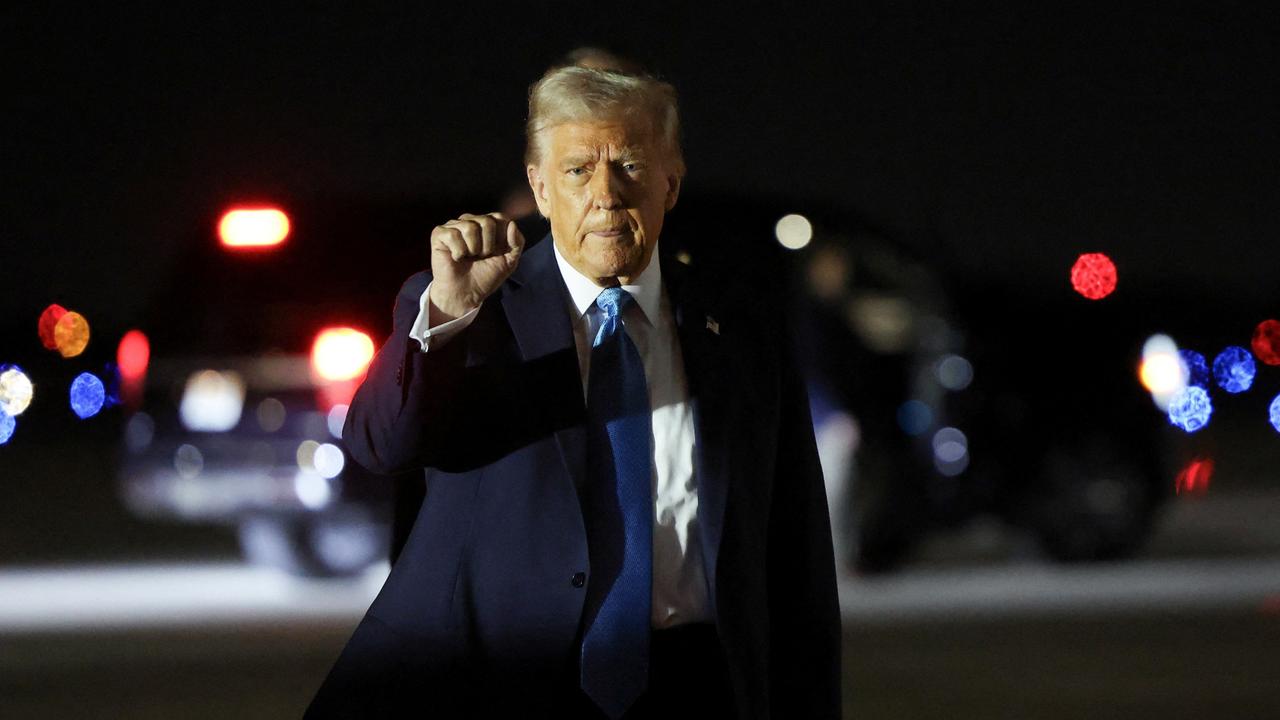Western allies put squeeze on Russian banks
The US and EU have moved to prevent the Russian central bank from using its stockpile of emergency reserves to protect Russia’s economy.

The US and European Union moved to prevent the Russian central bank from using its stockpile of emergency reserves to protect Russia’s economy from the Western pressure campaign.
The co-ordinated action blocks the central bank from selling dollars, euros and other foreign currencies in its reserves stockpile to stabilise the rouble.
Announcing the move Monday in Washington before US markets opened, US officials said they intended the sanctions to stoke already surging inflation, and the actions against the Bank of Russia were intended in effect to neutralise the country’s monetary defences.
The sanctions also target another government stockpile of assets, a key sovereign wealth fund called the Russian Direct Investment Fund, and prevent Moscow from using other government and private banks to sidestep sanctions on its financial system. In a statement, the fund said the action “demonstrates that the US has picked the course to destroy constructive dialogue between countries”.
The US’s actions, co-ordinated with European and other Western allies, are part of its broader effort to compel the Kremlin to abandon its invasion of Ukraine.
“Fortress Russia will be exposed as a myth,” said a Biden administration official, referring to Moscow’s efforts in recent years to armour its economy against sanctions including by amassing a $US630bn ($870bn) war chest of reserves at its central bank.
In Moscow, the governor of the Bank of Russia warned that the sanctions on Russia’s financial system had exacted a dire toll on the economy. The sanctions have cut Russian banks’ access to the dollar and other reserve currencies and will soon sever some from the Swift financial transaction messaging system.
“The conditions for the Russian economy have altered dramatically,” Elvira Nabiullina said in a statement. “The banking sector is now experiencing a structural liquidity deficit,” she said, referring to a shortage of easily accessible money critical to keep the financial system running.
To stem the damage to its currency and keep the banking sector afloat, the central bank doubled its benchmark interest rates to 20 per cent in an attempt to attract savings into banks. The government also imposed capital controls, blocking residents from sending money to foreign bank accounts and restricting payments on offshore debt.
The Russian rouble fell as low as 119 to the US dollar from 83 on Friday, a drop of more than 20 per cent, before recovering to be down 13 per cent, on track for one of its biggest single-day declines on record.
Since Western governments started warning four months ago that Russian President Vladimir Putin was planning to invade Ukraine, the rouble has lost roughly a third of its value.
On Monday, the US Treasury imposed the blockade on the Russian central bank before markets opened to prevent it from moving its assets held abroad.
An administration official described the US’s desired outcome: “Inflation is now very likely to spike, purchasing power is likely to plummet. Investment is likely to plummet.”
In addition to causing general economic pain to press Mr Putin to abandon the Ukraine war, the moves on the Russian bank are intended to make it more expensive for Moscow to wage it.
Japan said it also would implement sanctions on Russia’s central bank. Russia’s central bank said last year that about 10 per cent of its foreign exchange and gold assets were in Japan as of June 30, 2021.
The US is carving out exemptions for energy payments to cushion the European and global economies against the inflation that would result from cutting off exports from one of the world’s top oil and gas providers.
But hitting the Russian central bank risks squeezing exports of energy and other commodities from the world’s 12th largest economy, the Institute for International Finance said in a report. The cumulative effect on Russia’s economy of the sanctions could add to global inflation, the group warned. “We may see commodity prices surge,” the IIF said.
Although energy and other commodity payments are exempt from the sanctions, compliance officers say many Western institutions are wary of facilitating any transaction with Russian banks, over concern that they will run afoul of the measures.
“You are going to see disruptions of virtually the majority of payments,” said Justine Walker, head of sanctions and risk at the Associate of Certified Anti-Money Laundering Specialists, who has been consulting western banks over the past week.
The Wall Street Journal


